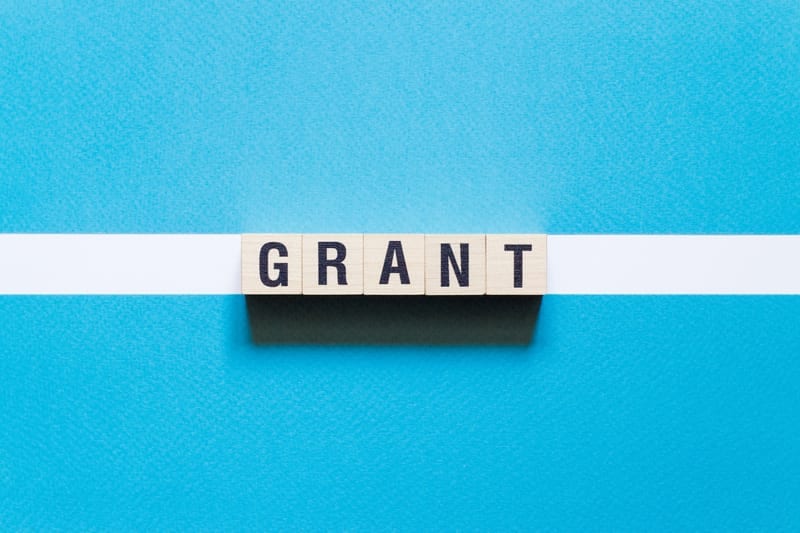Parent Project Muscular Dystrophy (PPMD) and Duchenne UK announce Professor Kanneboyina Nagaraju at Binghamton, the State University of New York, as the recipient of their Joint Research Grant Call of 2020.
The full title of the research project is “Targeting the innate immune system to block acute inflammatory and chronic immune response to transgene and AAV vector in DMD.” Professor Nagaraju’s research will receive $350,000 of funding from the organizations.
Several companies are now testing an approach that uses a shortened dystrophin gene to replace the faulty dystrophin gene in Duchenne. This is known as gene transfer using micro-dystrophin, or more commonly, gene therapy. The companies are using viruses known as AAVs (adeno-associated viruses) to deliver the therapy.
However, challenges exist in getting this treatment to the entire Duchenne population. This is mainly because of immune responses: some patients have pre-existing antibodies to the AAVs. This means they will not, currently, be able to have the treatment because their bodies will recognize the virus and stop it from delivering the micro-dystrophin to the cells. In addition, as gene therapy is a new treatment, it is not yet clear if another dose will be required at a later stage, and it is not currently possible to re-dose with the same AAV.
This is why Duchenne UK & PPMD launched a call for projects last year that would specifically address this challenge, a media release from PPMD explains.
The organizations received a large number of proposals, and three were taken forward for final review from a panel of highly qualified, specialized scientists. They looked at a wide variety of factors, including significance to the Duchenne community, and the ability to translate the research into treatments for patients.
Professor Nagaraju’s research is looking at blocking the mechanism by which the body is able to recognize an AAV virus and mount an immune response to it. Importantly, he is using medicines that are already in use in humans, in an approach known as repurposing.
If this approach is successful, it would allow more micro-dystrophin to get to the cells, potentially requiring a lower dose of the AAV than is currently being administered in the trials. It may also allow patients who have already been dosed with gene therapy to receive further doses. Further to this, by using repurposed drugs, this treatment should be more easily transferable to patients. Professor Nagaraju believes that “targeting initial immune recognition pathways is one way to improve efficacy and safety profiles of AAV mediated gene therapy.”
“Supporting patients and accelerating innovative research is at the heart of what we do at Duchenne UK and PPMD. We are pleased to partner with each other and award this grant. Gene therapy is offering great promise, but there are challenges associated with the immune response which are limiting the rate of progress and a barrier to ensuring all patients can have access to these potentially transformative therapies. We would like to thank all those who participated and supported our Joint Grant Call and are very much looking forward to working with Professor Nagaraju on this vitally important project for the Duchenne community.”
— PPMD’s Founding President & CEO, Pat Furlong, and Duchenne UK’s CEO, Emily Crossley, in a joint statement
[Source(s): Parent Project Muscular Dystrophy, PR Newswire]
Related Content:
Grant Funds Next Step in Study to Assess Duchenne Progression Via Biomarkers
Parent Project Muscular Dystrophy Receives $100K Award to Address Neurobehavioral Issues
Parent Project Muscular Dystrophy Announces New Grant Opportunity




